This week, I reached out to some colleagues at GCPL and asked them to share their reflections on the year gone by – their biggest learnings and what they want to do differently in the year ahead. My message is a compilation of their contributions. I hope you will find it insightful and add to this with your own. Please read on…
Nisaba Godrej – Executive Chairperson
Perspective, gratitude and joy
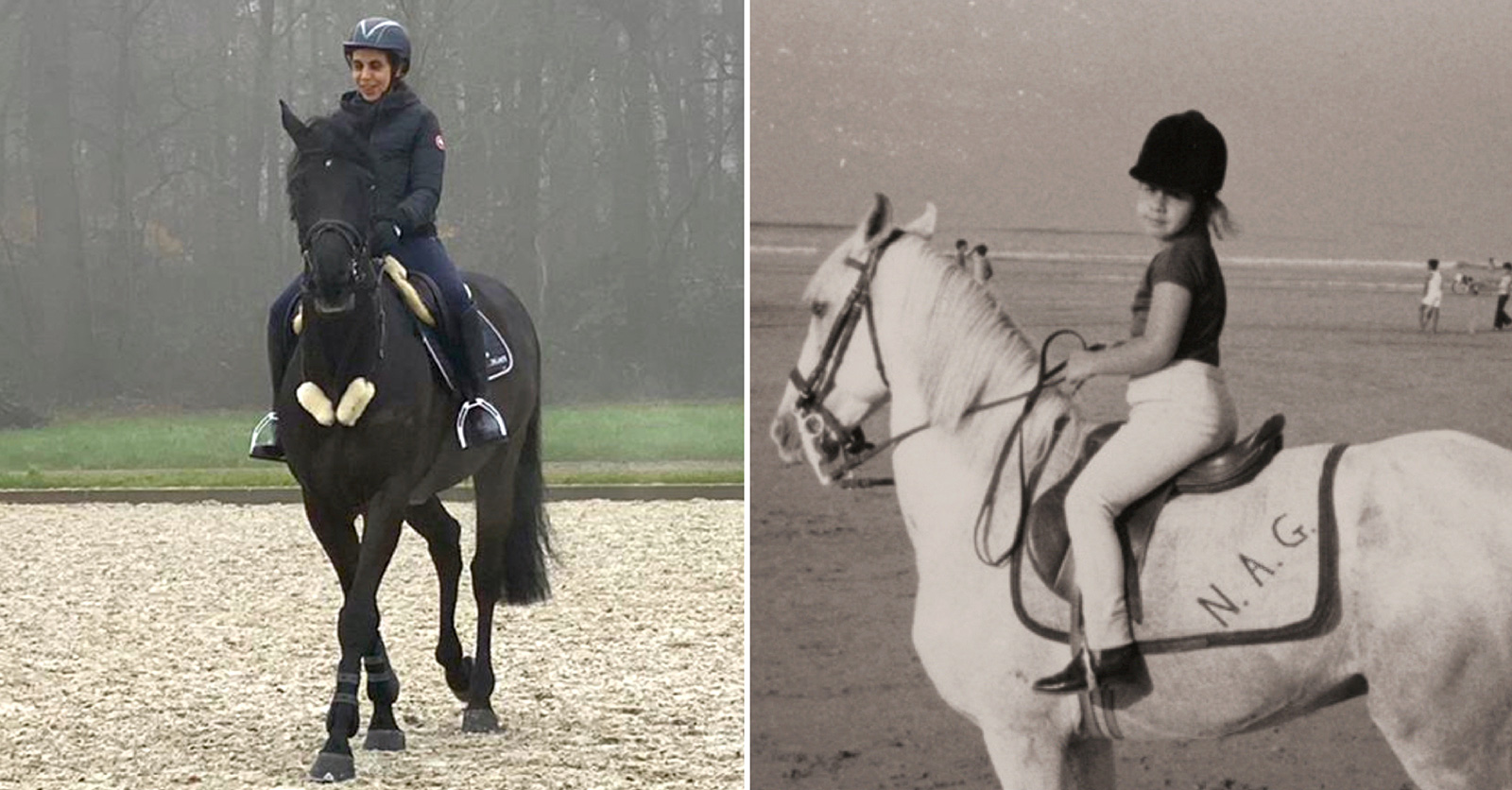
“2019 has been a challenging year, both professionally and personally. There have been many learnings: I should have questioned and pushed the paediatrician more so that my son did not have to endure two surgeries this year. I should have been less pushy and listened more so that I caught some of the real fault lines in our business earlier on. But as the year ends, my most important learnings are on perspective, gratitude and joy. My learning on the business, which I have shared with many of you, is that ‘It’s not good, we will change it. Do your best, work smart and hard, but don’t stress because unless a loved one is seriously sick, we should just maintain a sense of perspective that things could be much worse, and gratitude that they are not’. Another learning has been that working parents should allow themselves to seek out some personal joy! My dose of joy this year has been my own LOUD moment: one of my greatest loves in life has always been horses (for those of you old enough to remember the movie Jaanbaz, I was the 6 year old riding in the opening scene). Earlier this month I went to Holland to get myself a really good warmblood sports horse and I’m now going to train quite seriously with Cadiz when he arrives in India in April. The added bonus is that my kids also got a couple of ponies and it is a great way to spend time together as a family. John Gardner said, “We are designed for the climb, not for taking our ease, either in the valley or the summit.” I’m climbing with perspective, gratitude and joy. All the best for a galloping 2020.”
Darshan Gandhi, Head – Design
TBD = Tech X Business X Design
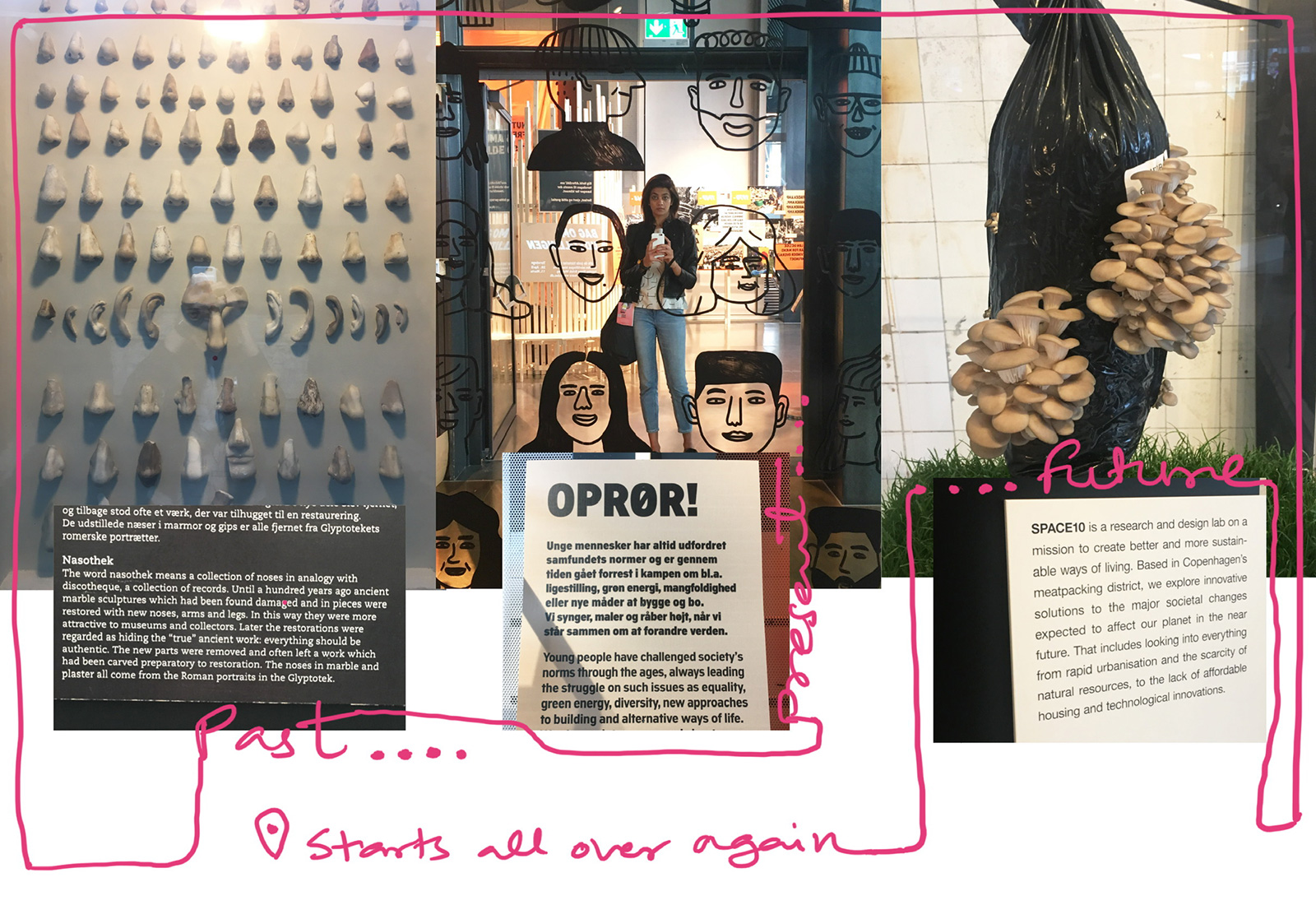
“Over the past few years, I have learnt and, somewhat, practiced Business X Design. While the journey of classical design and design-led thinking continues, what I learnt last year is that finding a meaningful, distinctive need-gap is rapidly getting more challenging. That led me to explore, experiment and identify new territories of all the subjects that would influence the future of the design practice – primarily the shift in human behaviour and the way we interact. This shift is mind boggling to me as a designer, as are the possibilities.
TBD = Tech X Business X Design, and what I can do about it is the focus for 2020. I am curious to train myself in new tools, insights and ways to humanise tech, perhaps with a more non-classical design approach. This would mean a new genre of designers, non-designers, design practises and design researches.”
Vandana Scolt, Head – Communication Design
It takes a village
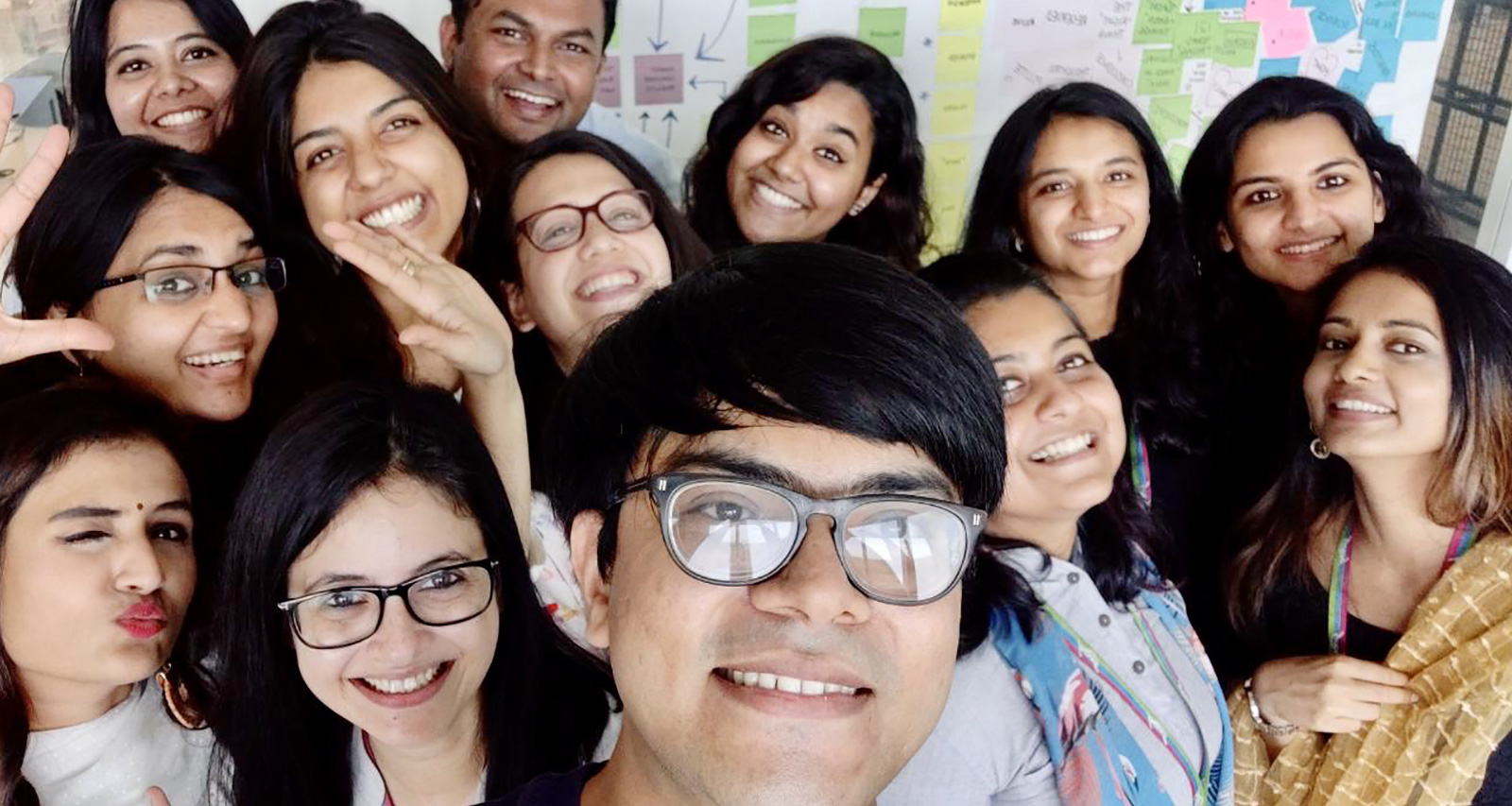
“When I made the decision to live and work between two different countries, I knew it wouldn’t be easy. If you asked me then what I’d need to make it work, I would’ve confidently said it would boil down to my perseverance. But that was to be only half the story. It takes a village. And it takes all of my little village at Godrej to make this possible. Because when the travel fatigue started setting in, when I had to plan months in advance (and then it didn’t matter because schedules changed), when I had to opt to live in a guest house, when I had to start becoming a morning person (!) – that’s when my perseverance started waning. I was scared. I also realised that this wasn’t just about me wanting to change how I worked. It was about Sumit, Nisa, Vivek, and my all of my team, wanting to do it too. My success depended on them. That’s a pretty humbling revelation. And that’s also when things started turning around. One relationship at a time, I started finding new footholds. It wasn’t in perseverance or tighter reviews or micro management (as important as they are). That stuff comes later. It starts with trust. How do you trust someone you’re not seeing every day, to actually be working? How do you shift to evaluating quality of work over Facetime? How do you trust someone working in a different time zone to be available when you need them? How do you find the balance between what to be hands-on with and what to let go of? How do you build relationships when you’re not sitting across from someone every day? Layer this with the fact that every person is different – so there’s no one size fits all either.
Now here’s the irony. I agonised over this and am (un)learning how to find my rhythm. All the while, the world around us is turning more and more to the gig economy where this is a standard way of working. Some of the best global talent will be (if they are not already) available on the tap, if only we learn how to work with them. So that’s my focus now – to reimagine partnerships, talent and possibility, outside the constraints of location.”
Venkateswara Yadlapalli, Head – Product Development, India
See diverse possibilities
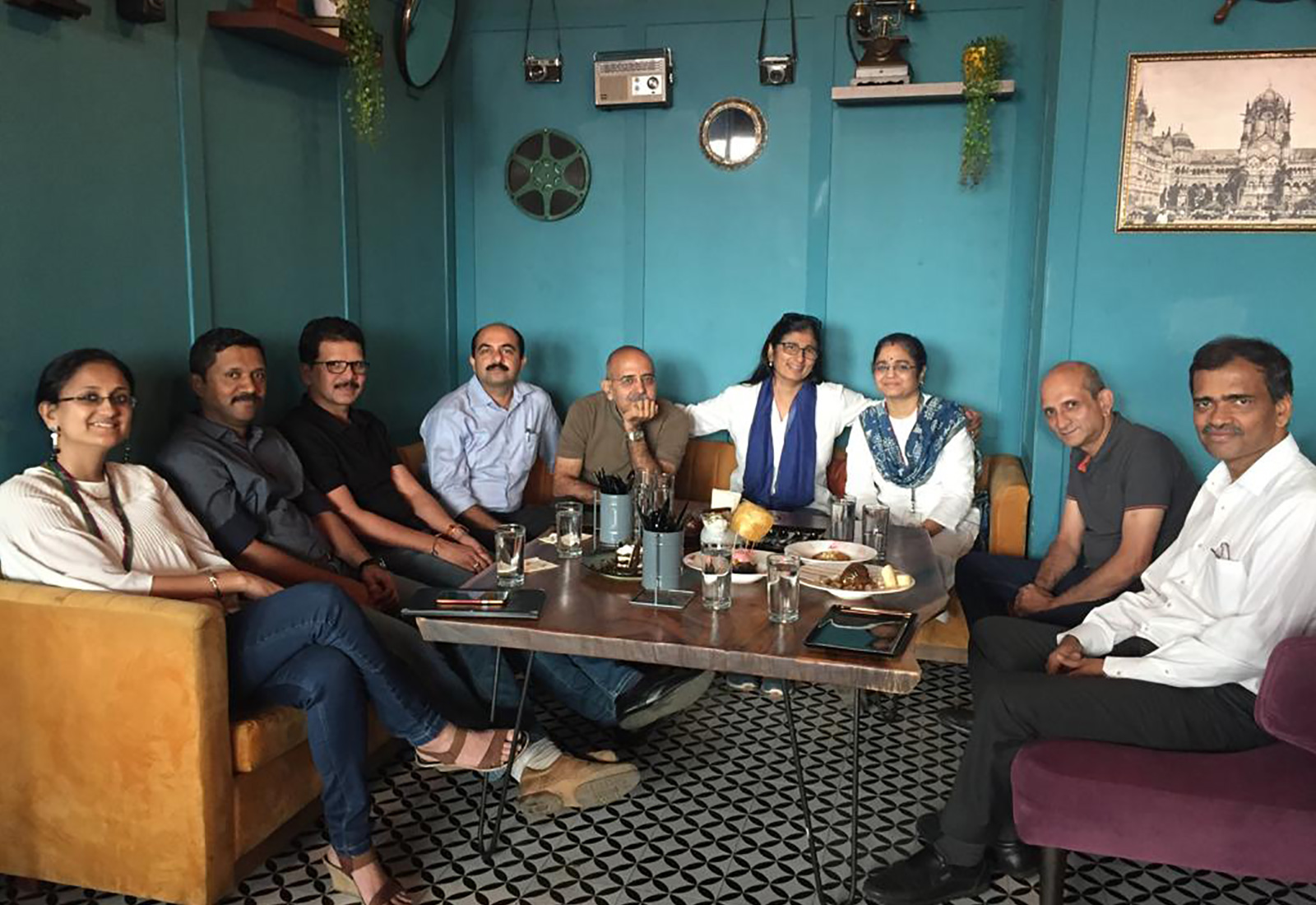
“Two important learnings have greatly helped me. The first is managing dissent and divergent views. Most team leaders believe that they listen to their teams, but not so surprisingly, quite often, ignore their team’s point of view. This leads to disconnected, demoralised and disengaged teams, full of “yes people” who are happy to follow instructions. Mediocre teams and suboptimal output may affect long-term organisational performance. My constant effort has been to challenge my team to see diverse possibilities and analyse each one before converging on the best way forward. This enables us to see opportunities outside our comfort zones. It also creates a deeper understanding and significant learning for individuals, teams and the organisation.
The second is managing conflict situations. To share a simple example, consider some of our email communications. Sometimes we receive emails which are seemingly offensive and unwarranted. The natural option is to react immediately with an equal amount of aggression. This often spoils your working relationships. My suggestion is to either defer the reply for a while or just keep the draft ready. When you relook at the draft after some time, you may see a different perspective. Believe me, your revised response will be very positive and effective.
Going forward, our R&D team wants to focus on digitalisation and knowledge creation, to create more value-added products and processes. This change and exploration of new areas will throw up lot of opportunities for us and I hope to leverage some of my reflections to enable this better. “
Anuj Awasthi, Head – Organised Business, India
Collaboration is key
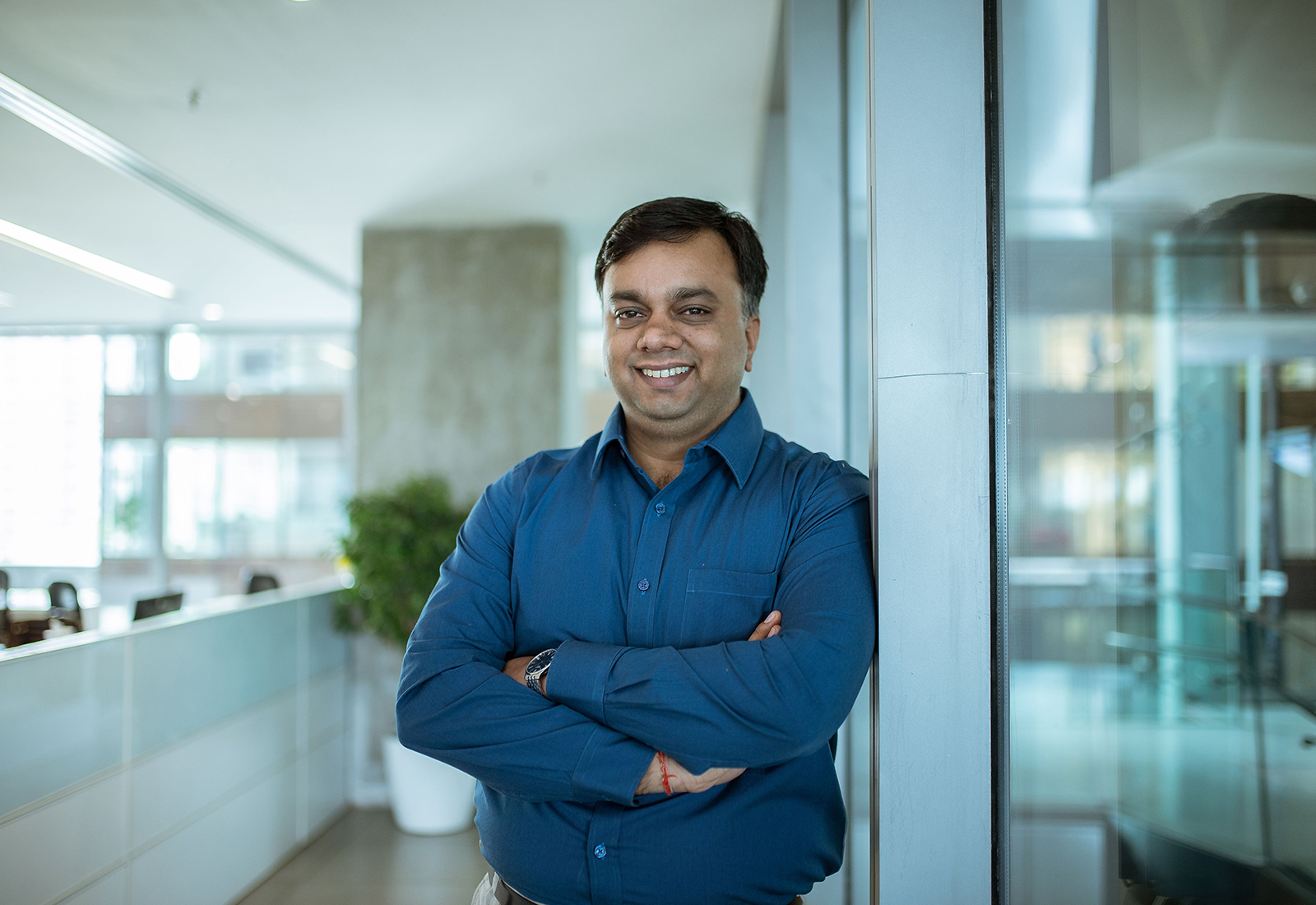
“This was a year full of learnings. More so since I was given the responsibility of handling a completely new business channel. However, if I had to pick just one learning, it would be the importance of collaboration. While collaboration is key for any function or business, in Modern Trade it is more so. The interdependence of roles makes it extremely important to collaborate effectively, and business stakes are the highest. I saw proof of this in action; strong collaboration between the Head Office key account team and regional team led to smooth business flows and very little disruption, whereas the lack of collaboration was leading to huge business losses. I haven’t seen behaviour have such direct impact on business, and, so, it was a big lesson for me.
Next year, we have the big task of making GCPL Modern Trade ready across functions such as Marketing, Sales and Supply Chain. This journey will kick off now and require a lot of collaboration and focus on our common goal to make it successful. My biggest focus will be to facilitate this and build the business channel as a significant growth driver for the future.”
Pallavi Wad, Head – Product Supply Organisation, India & SAARC
I know one thing, that I know nothing
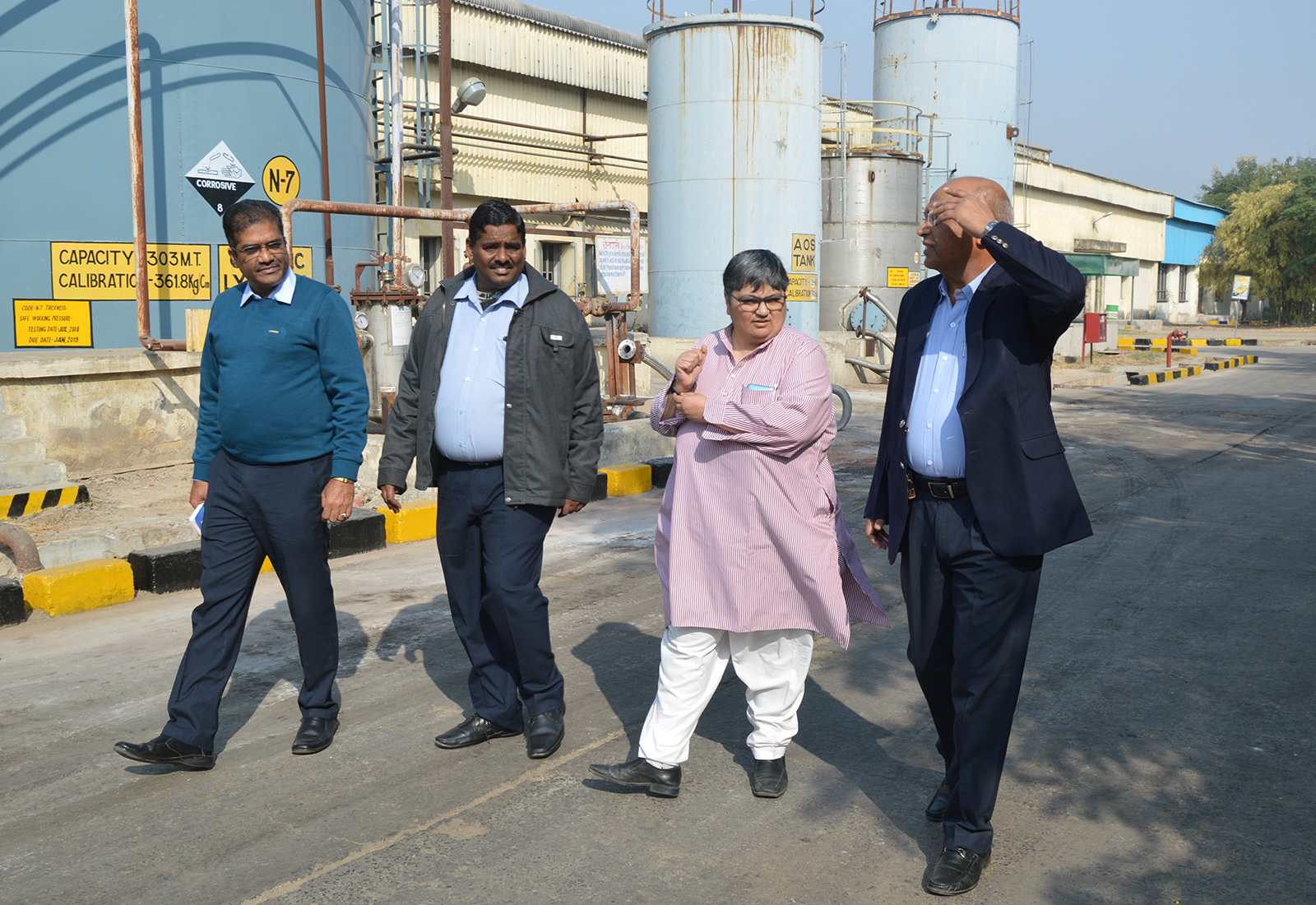
“The one thing I re-learnt in the past 12 months (to borrow from the ‘Game of Thrones’) is that “You know nothing, Jon Snow!”. I have tried to imbibe the famous Socratic paradox – “I know one thing, that I know nothing”. The moment you think you have enough knowledge or mastery over something is the moment you open yourself to start making mistakes. You have to remain humble and try to have a beginner’s mindset till the very end. For example, this meant that I had to unlearn the way I used to operate in Indonesia since it would not be suitable for India. This was harder than I imagined because I had to accept that I had to learn about India almost like somebody who isn’t from here. As a leader, this also involved learning to lead a team where each member knew more about his/ her subject area than I did and still be able to deliver value.
This brings me to what I’d like to focus on in the new year. In 2020, I’d like to learn how to reinvent myself – try things I have never tried before, shed my own skin and rejuvenate to keep up with the changing world outside.”
Saurin Shah, Head – Consumer Marketing Insights, India
Perseverance leads to results
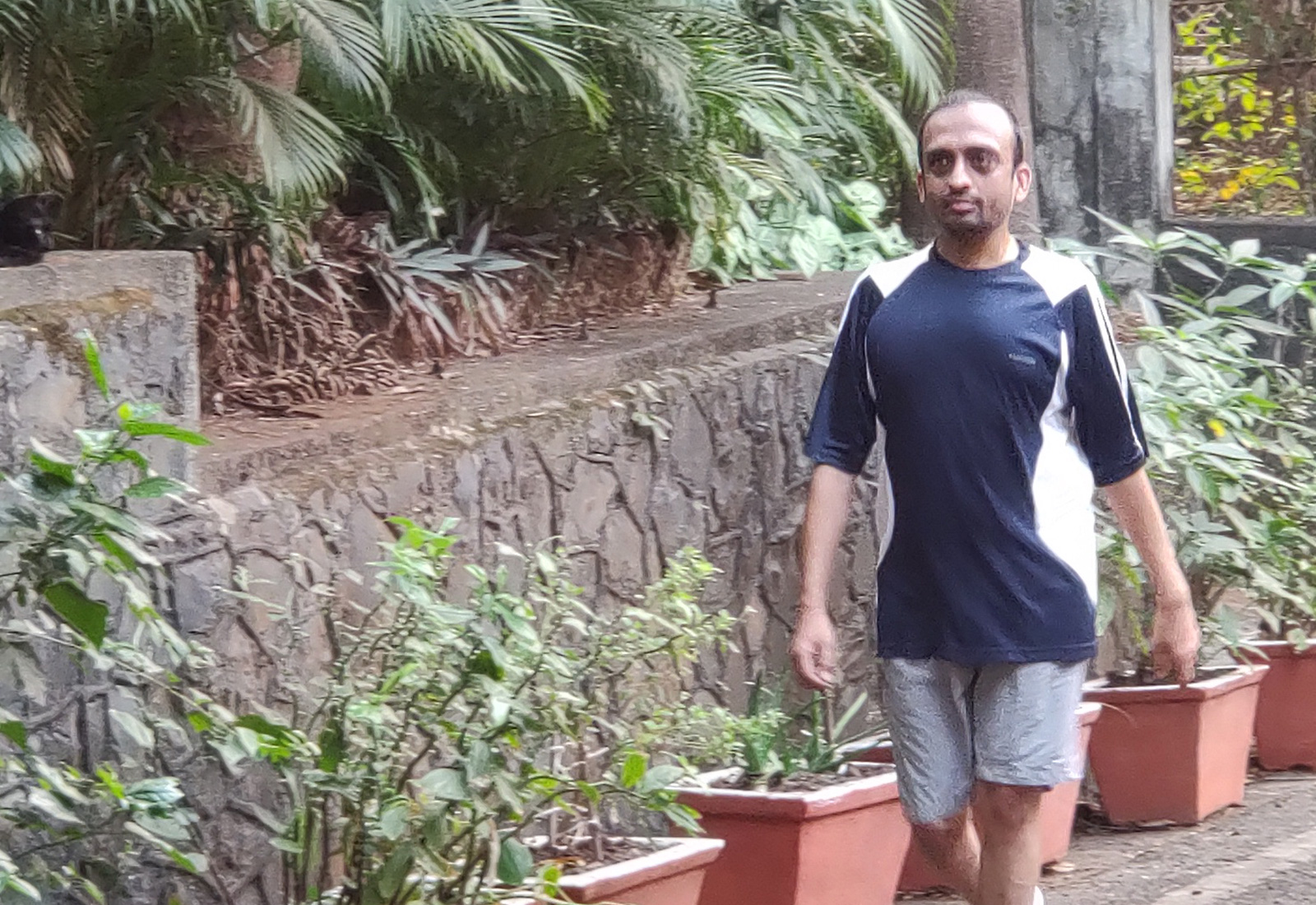
“This year, my son, Vishudh, taught me a lesson on perseverance. When he was exposed to karate as part of his school curriculum at the age of seven, he developed a keen interest for it. After a year’s training, he had to stop since we didn’t have the time to take him to the class. After a couple of years he decided to start going on his own and, since then, there’s been no stopping him. First came the medals at the State level, followed by the Black Belt and then medals at the National level. Earlier in June this year, he won one gold, two silvers and one bronze in an International tournament in South Korea. His perseverance and hard work paid off.
He then challenged me to become fitter and more agile. I said I would, by the end of the year. The start was to do some kind of physical exercise. I thought walking regularly would be easy. How difficult could it be to wake up every morning and go for a 30-minute walk? Actually, it was much tougher than I thought. Every alternate day, I would find an excuse to skip the walk and utilise the time to sleep more. I had to really push myself to get out of bed. However, Vishudh kept gently nudging me.
Gradually, my frequency of walks kept increasing. From no walks at all in July 2019, I walked 10 km in August 2019, 30 km in September 2019, 45 km in October 2019 and 180 km in November 2019. And, I’m on target for 240 km in December 2019. Now, I walk 18-20 km a day and I’m loving it. If I skip a walk even for one day, it makes me uncomfortable. What worked for me is that I started seeing results on becoming fitter over time. I lost 7 kgs over the last two months and more importantly, felt more agile both physically and mentally.
The last six months have taught me that anything can be achieved if you pursue it intensively and with an intent. This can be applied in business in various aspects – keeping business going in a state with iterative actions through data monitoring, success for new product development through continuous consumer immersions, capability learning for teams through consistent interaction, and many more. Hence, perseverance with critical tasks in business is going to be the focus for the next year and will lead to business success!”
Chirag Savla, Business Head – Middle East and Africa New Market Development
You can’t please everyone
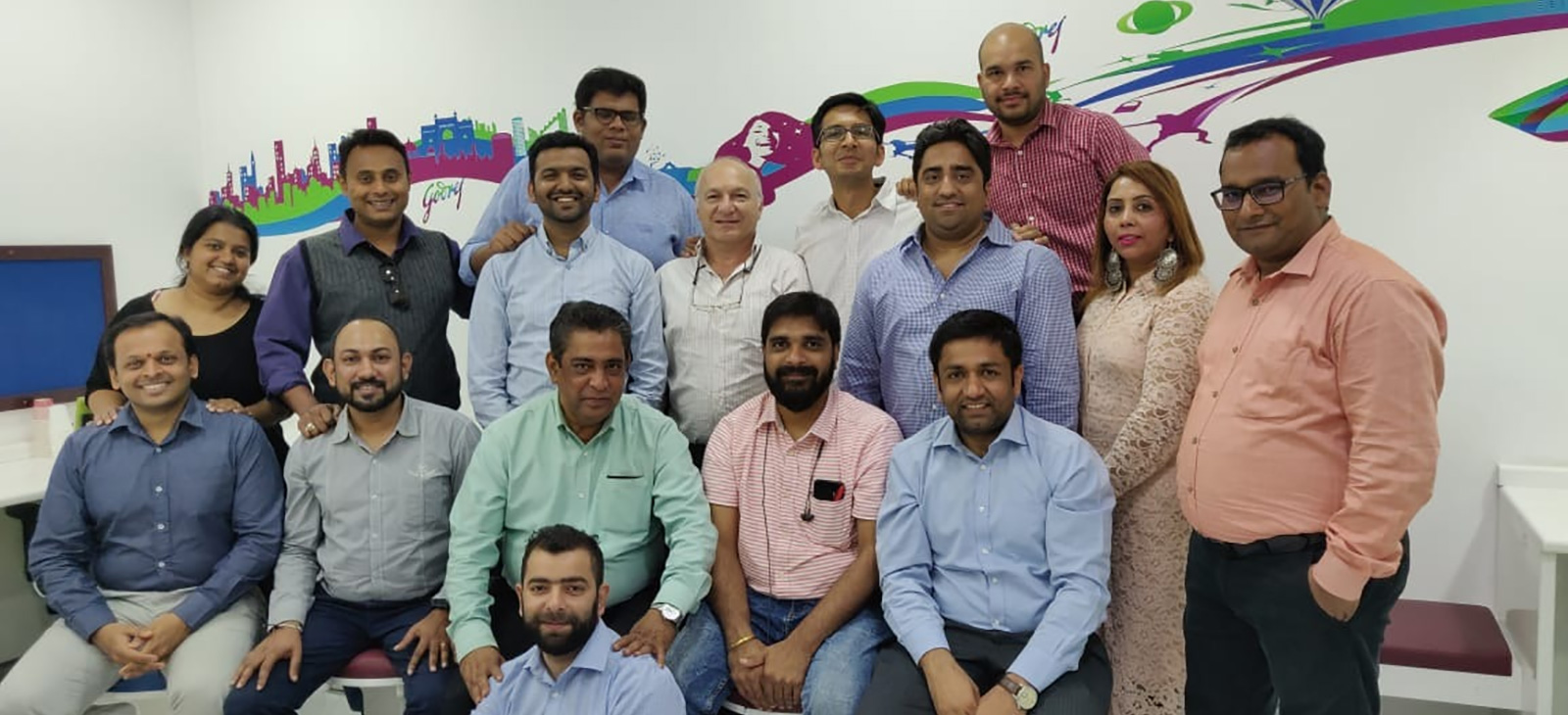
“I started the year knowing that it would be tough, considering the extreme VUCA situations in a few of the countries that I lead. However, while building our plans there is always an element of bravado and the urge to please everyone. Your ambitions and expectations from yourself are high. But as the year progressed, our plans started to look unrealistic and the bravado seemed a bit silly in hindsight, given the extreme pressures. That’s when I read something which remained in my subconscious mind – “I don’t know the secret to success, but the secret to failure is trying to please everyone”. I decided to share this with our Africa leadership team, saying that this is why I believe we are missing our targets. Suddenly, I became the most unpopular member of our leadership team. While doing this was not pleasant, it helped restore my peaceful seven-hour sleep at night, and drove the entrepreneurial adrenaline in my team to ask, “What did I create?”. We bounced back strongly with innovative solutions.
My biggest learning was that you can’t please everyone; you don’t need everyone to agree with you. While it is human to be liked, valued, respected, etc., it should not come at the expense of your integrity and happiness. The validation we seek must come from within. Hence, a key focus for next year would be to stick to my guns, be assertive whenever the situation demands and stay true to my values. I am humbled and lucky to work in a set-up which is also supportive of this.”
Ayodele Otujinrin, Manager – Marketing, Nigeria
Positive thinking will change your life
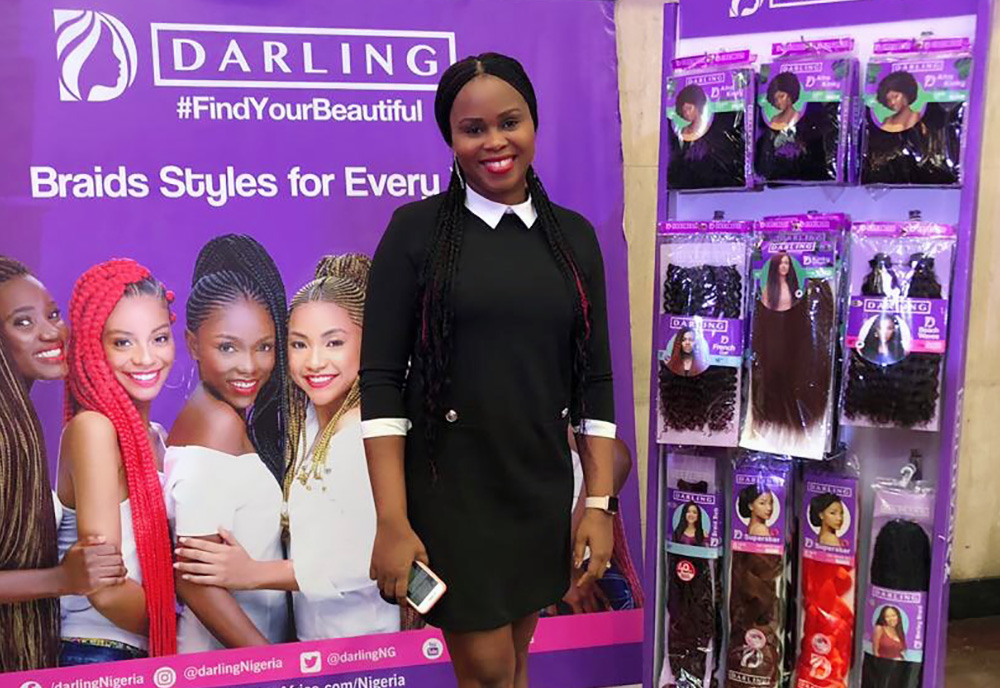
“You are as good as your thoughts. If we want our outer world to improve, we must work on improving our inner thoughts. With the Darling Brand, we started the year in a state I wasn’t too proud of and I wanted so many things to change. I started to dream of a bigger and better brand (Darling) that consumers would love. I worked with the team on the strategy for the year and we went all out to ensure flawless execution. Today, the brand perception has drastically changed, and consumers’ love for the new Darling is astounding. Every success we experience this year, is a pictorial representation of a dream I once had.
In 2020, I will continue to Dream Big and Create Delight for my consumers across multiple brands. “The future belongs to those who believe in the beauty of their dreams.” – Eleanor Roosevelt.”
Omar Momin, Head – M&A and Business Development
Evaluate a set of strategically relevant start-ups

“As a company, GCPL has focused its M&A playbook on materially sized acquisitions. Only those companies that have already achieved a certain scale have made it to our M&A funnel. However, the last five years have seen significant changes with e-commerce and Modern Trade emerging as salient new channels in the FMCG space. This has allowed new start-ups to overcome the historical constraint of getting distribution in general trade to get a certain critical mass of consumers. Consequently, the FMCG space has seen multiple new and interesting start-ups that have succeeded in creating a consumer franchise. We’ve made this a new learning for us and now see it as a very interesting opportunity. In the coming year, we will evaluate a set of strategically relevant start-ups that could scale much faster with a strategic collaboration.”
Chitwan Singh, Business Head – Godrej West Africa
Accept people the way they are
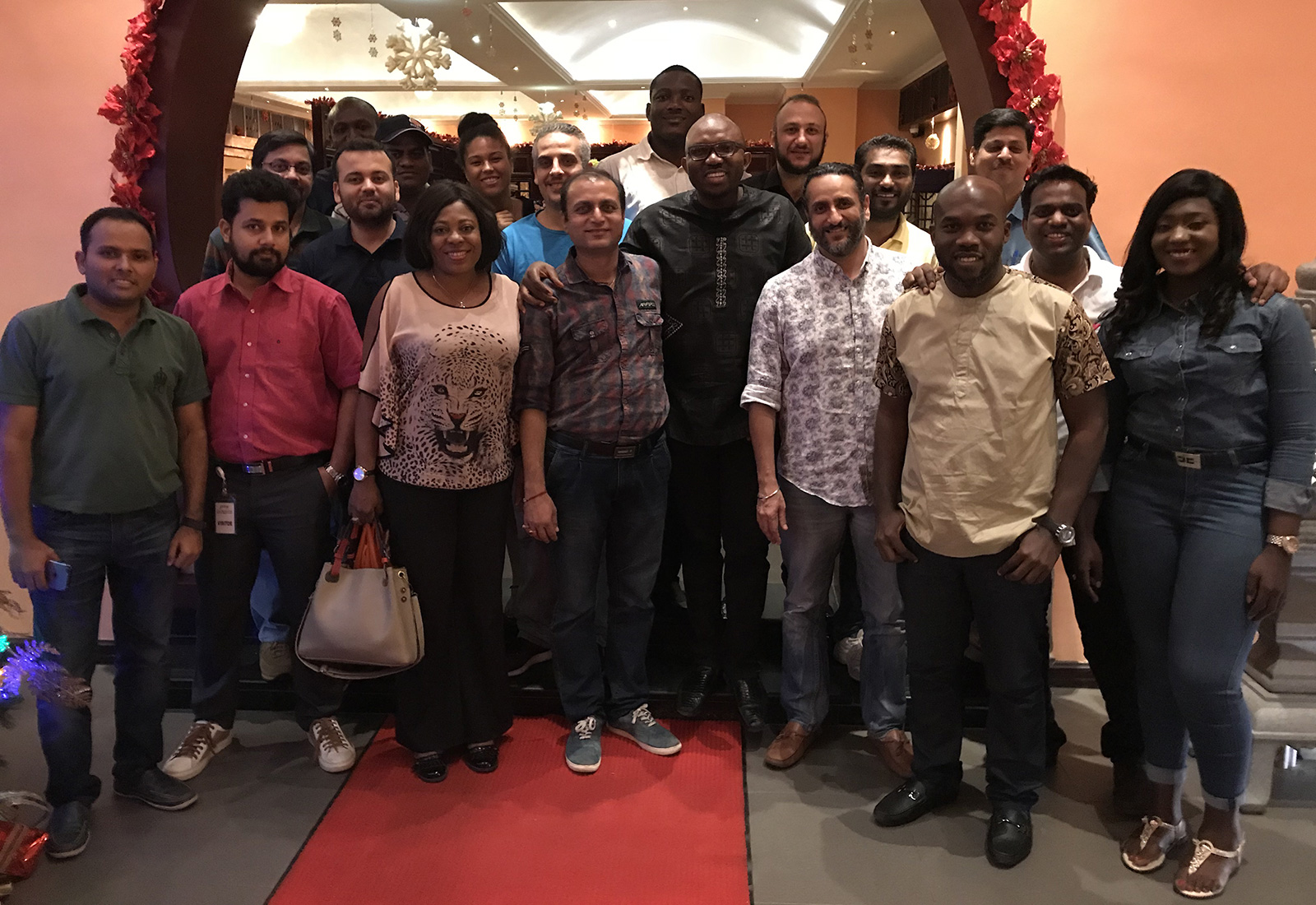
“Every person comes with their unique abilities, and learning to wholeheartedly accept them the way they are, without the relentless effort to change them – this has been my biggest lesson this year.
If you truly value a colleague for some unique disproportionate strengths that they bring to the table, don’t try too hard to change them on their areas of weakness. Instead, work on leveraging their spikes to the next level. If required, get someone else on the team to complement and balance them out. As I’ve learnt, this is a far more effective way to get the best out of a team. Overall, it’s the team’s balance that counts to get the desired results.
So, speaking of balance and complementary skills, the focus, for me, next year is learning Digital, as it is has now become ‘centre of plate’ for business strategy, not just marketing strategy. Being a relatively old-schooled FMCG professional, it’s taken me a while to realise the yawning gap between my understanding of Digital and where the markets are moving to. From consumer research, testing, trends, consumer feedback, insights, sales, new product development, analytics, ROI, etc., Digital is everywhere. I need to retool myself and my team to be able to best leverage the opportunity it offers.”
Sameer Shah, Head – Finance, India & SAARC and Head – Investor Relations
Spend more time on ground
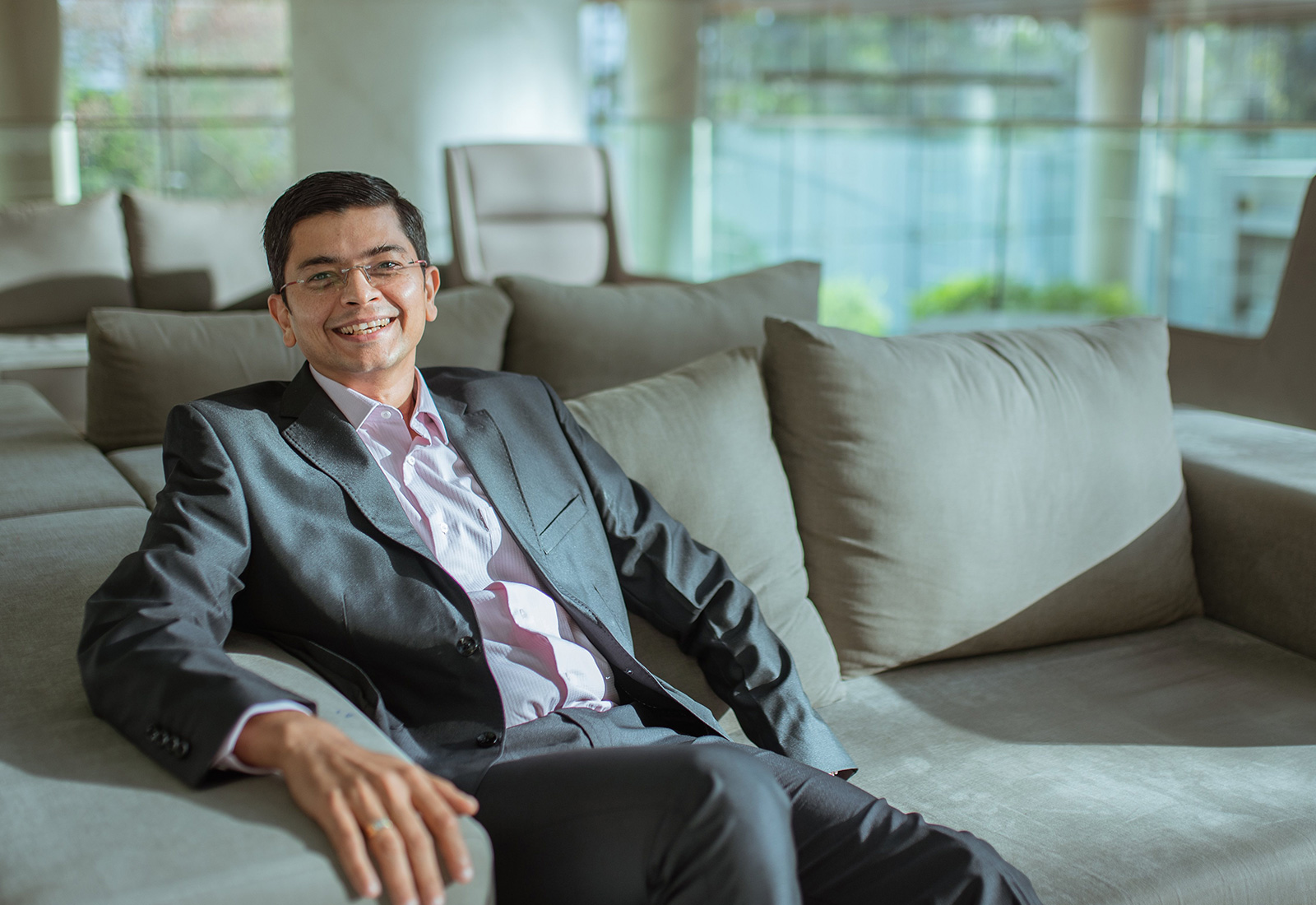
“One of my biggest learnings this year has been understanding the dynamic changes in business models and consumer behaviour. And the best way to enable this is by spending time on ground. I believe that business happens on ground and especially in tougher times, we should be spending more time on ground and with our end consumers. It gives a good sense of the pulse of consumers and the market. This, in turn, can translate into shaping tactical and medium-term business strategies. Being on ground also gets us more connected with our own team members and strengthens networks. So, I would like to spend much more time on ground with our consumers in the coming year.”
Subha Iyer, Head – Group Media, India
Less is more
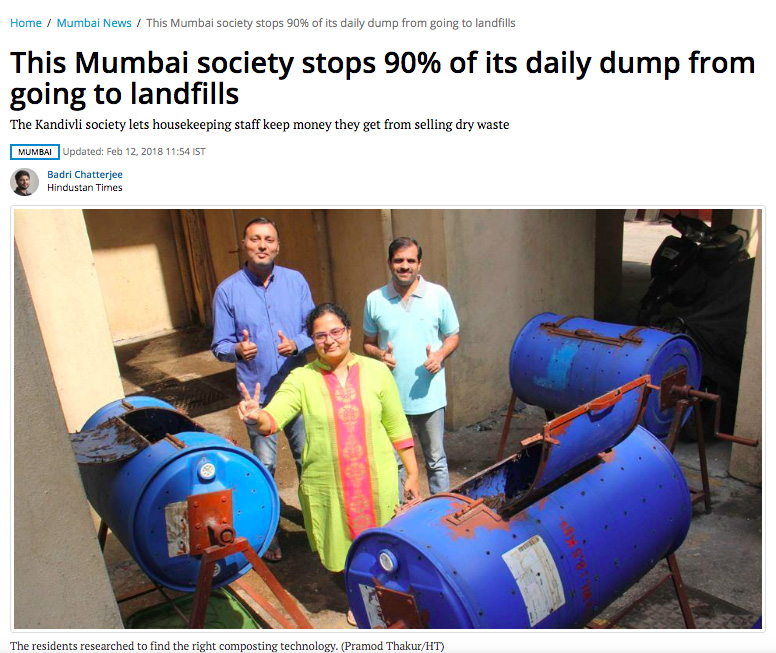
“I’ve always been passionate about the planet. The Deonar Dumping Ground fire in 2017 was a wake-up call. My husband and I, along with a small group of equally passionate neighbours, decided we would reduce our society’s garbage load on the city’s landfill. Between 2017 and 2018, we put in place a clean, green, low-cost wet waste composter and also ensured that wet and dry waste segregation was started. Today, as I write this, we are working in the neighbourhood to set up a Solid Liquid Resource Management System, covering over 9,000 households. Our aim is to not send any garbage out and manage it as a resource. We believe this action is the need of the hour for our planet.
These learnings have also made me question how much we really need to live a simple life. Most of us, if we reassess, may come across lot of things that we cling to, just for the sake of memories and may not be relevant or bring joy today. A couple of months back, when I embarked on decluttering my life, I let go a lot of things I owned and I’ve never looked back. I own three pairs of shoes, we’ve always owned one car in our household and a conscious choice was to not opt for a larger home. It works for us and we are happy.
The path to minimalism is easy; you question the relevance of every single thing in life. Simplicity is true sharing and caring. Less is more.”
Naveen Gupta, Business Head – Godrej Africa, Middle East and USA
Become more agile
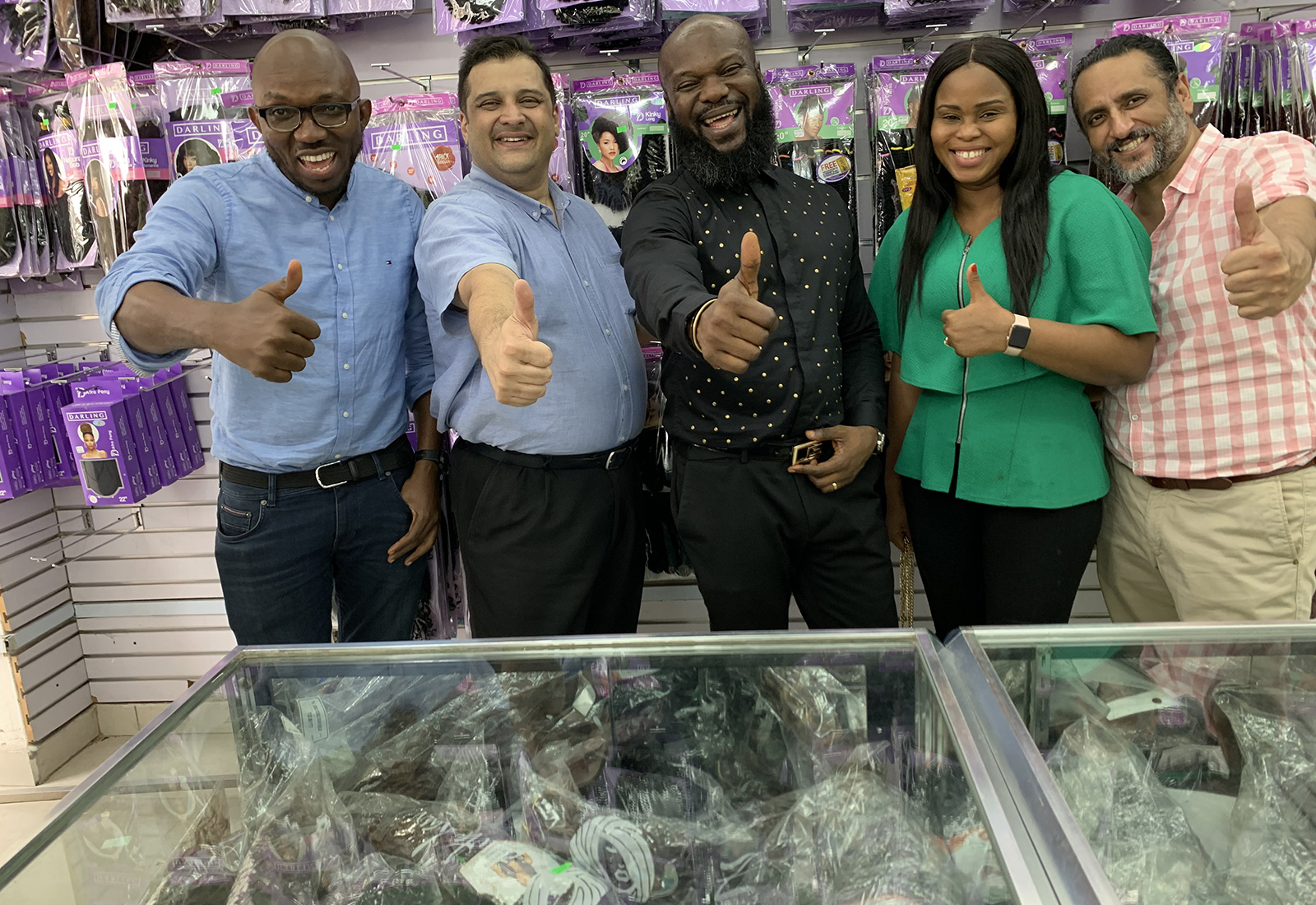
“My biggest learning is to become more agile; to expect the unexpected and keep a Plan B/ C/ D ready besides just Plan A. Our Africa and USA businesses operate in a true VUCA world. To share a few examples – currencies can depreciate 100% in three months (Angola); countries can go through demonetisation (Kenya); countries can shut down trade by closing borders (Nigeria); the USA can suddenly impose import duties on imports from China/ overseas vendors or even see major shifts in consumer fashion. Plans will understandably end up going awry in such an environment. So, it is critical for us to stay connected with our consumers and markets. Being on ground is the only way to pick up on changing nuances. The quicker we identify them, the faster we can solve them. Unfortunately, given the geographic spread, it takes four to eight weeks to realise change and identify root causes. So, our teams are learning to find ways to respond with solutions. Inherently, our focus is on identifying challenges and implementing solutions. However, it’s also equally, if not more important, to find opportunities in such situations. And, keep on learning to adapt better. ”
Puneet Kusumbia, Head – Marketing, Indonesia
Convert challenges to opportunities
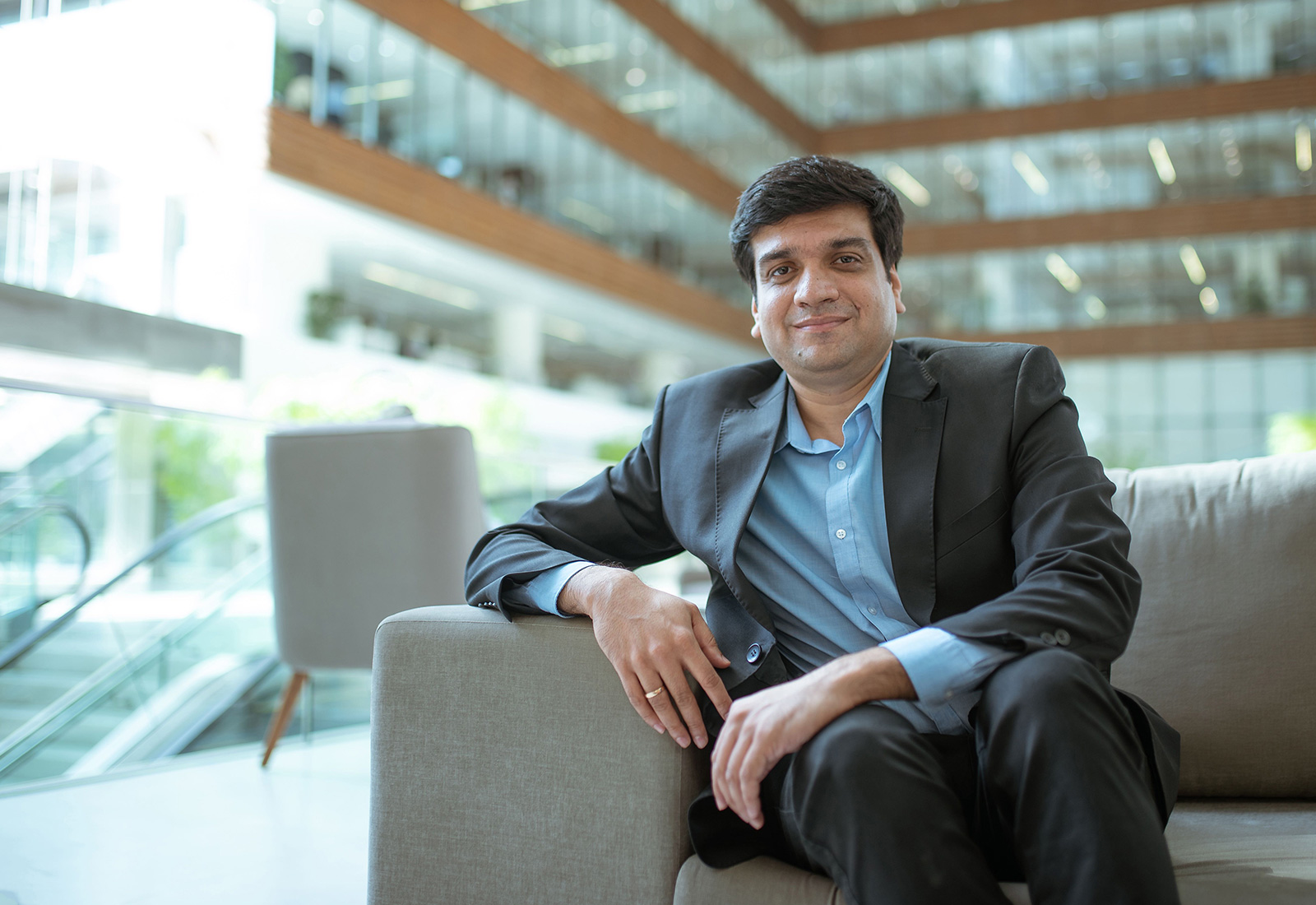
“There are two big learnings from this year that I want to carry forward to the next, to make it brighter, better and more fruitful.
The first is to convert challenges, posed by uncertain environments, into opportunities. Rather than becoming hostage to a challenge, I would like to be able to turn it on its head and instead maximise the opportunity by focusing on objectives (growth, market share, penetration), and then executing them with super agility. To enable this, I need to stay updated and be constantly looking out for changes in the environment and their impacts on our business.
The second is to ‘stay humble, stay calm’. To be able to maximise opportunities, I need to be ready to quickly revisit previous decisions, evaluate new opportunities and make revisions accordingly. This means I must be humble enough to accept and understand that a situation has changed and calm enough to realign the team to relook at it. This, at no level, should come at the cost of compromising on the long-term vision. Instead, we should use the vision to offer a clear framework to evaluate the opportunity.”
Many thanks to our leaders for sharing their perspectives.
The last year has been especially tough for the FMCG industry in many emerging markets. At GCPL, we are learning how to weather the storm while preparing ourselves for a brighter future. While the potential is tremendous, we also have to get better at navigating the near term uncertainties. What has worked for us in the past will not necessarily work for us now, We have to adapt our approach to the changing scenario.
To borrow from H.G . Wells, “Adapt or perish, now as ever, is nature’s inexorable imperative”.
There are 5 ways in which we are learning to tailor our leadership approach: (1) Up your do-say ratio – this is not the time for pontification, endless meetings or fancy presentations. We need to debate less and act more. It is better to implement something even if it is 80% ready. Speed can be a competitive advantage. (2) Grease the wheels– in challenging times, things get more stuck in the organisation. It is important for us to quickly figure out the choke points and address them head on (3) Bad news needs to travel as fast as good news – when things are not going well, fear can set in. And people tend to sweep things under the rug. So, let’s create the environment for everyone to speak up freely. And ensure that bad news gets acknowledged along with celebrating the good (4) Manage your personal time and energy – be clear about your priorities and ensure that you are managing your time accordingly. Don’t become a decision bottleneck. Find ways to become more productive and (5) Whistle while you work – find joy and meaning in what you are doing. Instil positivity in the organisation. Be grateful for the opportunities that we have. The difficult times shall pass.
Here’s wishing you and your families a very happy and blessed new year!








Comments